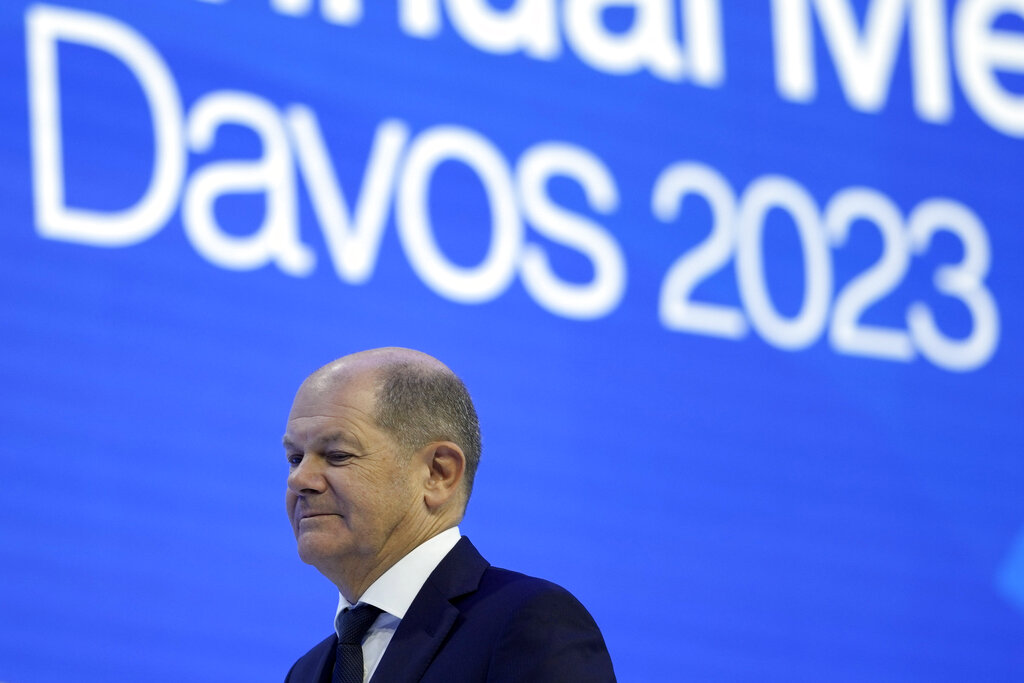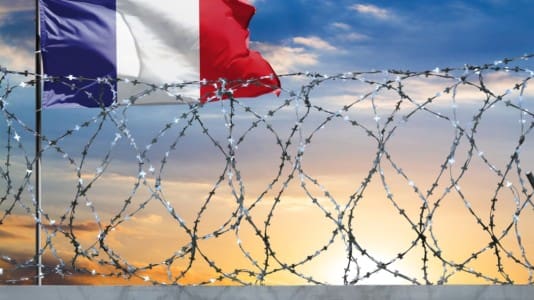The resignation of the German Defense Minister Christine Lambrecht is symptomatic of the indecision and dithering of the Olaf Scholz government on the war in Ukraine. It confirms all the doubts about the capability and credibility of Germany and its politicians in leading Europe. It also means that those who argued for more German leadership are finding it hard to justify their faith.
Even as recently as a year ago, the consensus among German politicians was that Europe should have more dialogue with Russia and that economic ties developed under both Chancellors Gerhard Schroeder and Angela Merkel would make Russia see sense. Russia was portrayed as a rational partner who would not forgo the income from gas and oil that any aggression might entail.
Putin, however, was having none of it, and despite German attempts at peace talks, he invaded Ukraine. German elites then admitted they had been too idealistic and complained that Russia had cheated them. Some just say that Putin has gone mad and become a psychopath.
This was very irritating for all those in Europe and the USA who had warned Germany about the dangers of making themselves energy-dependent on Moscow. But German public opinion and German elites insisted on having their special relationship with Russia and attacked all their critics for being anti-German and Russophobic.
The picture that emerged after Feb. 24 last year when war finally broke out is frightening.
It turns out that it is not only the elites but also the German security services who failed to spot the Russian build-up, so much so that the chief of the German intelligence services had to be exfiltrated by land from Ukraine as he was caught there when the invasion came. The chief of the cybersecurity agency had to resign, and recently we learned that one of the high-ranking officials of the German intelligence service turned out to be a mole — this had been uncovered by an allied state rather than Germany itself.
The war has also exposed the shortcomings of crisis management in the present German government. At first, Germany reacted to the shock by backing sanctions and deciding to spend an additional €100 billion on defense, but then there was no follow-up. No rearmament actually took place.
The dismissed Defense Minister Christine Lambrecht is in a way a scapegoat for the failure of the whole government. In reality, it is Chancellor Olaf Scholz who is to blame for the failure of Germany’s policy on the war.
Germany seems forever hesitant, having to be dragged kicking and screaming to any new initiatives to help Ukraine. Obsessed with the notion that there must be no escalation and that there is a need to find a path to negotiations with Russia.
German defense policy admittedly has been the Achilles heel of post-war Germany. It was an area of policy that was deliberately marginalized as German society wanted “no more wars, ever.”
But in most other policy spheres, Germany has been trying to dominate and lead Europe. On the euro currency, climate change, and the rule of law, Germany’s voice is strong, but any country aspiring to lead must lead by example and take responsibility for that leadership. And that, of course, includes defense.
In this respect, Germany has failed miserably and does not seem to be the leader Europe has been waiting for.






